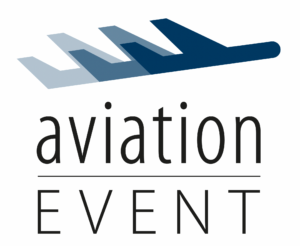AA in the wires – New South Wales Law Society Journal
A tale of two flight decks
One More Sunrise, Mike Collins, FastPrint Publishing
reviewed by Andrew CharltonSince the Wright brothers’ first flight, total airline losses have exceeded profits. And when airline profits have been made, they have tended to be razor-thin. Airline managers used to get away with this because plane travel had an aura of glamour and romance. The public’s vision of flying embodied daring and magnificent men in their flying machines.
But those days are gone. The realisation has dawned: airlines are businesses. They are expected to make money for their shareholders. Just ask Qantas chief executive officer Alan Joyce. However, some pilots sitting at the controls of their flying machines resist this reality. They are sure the ‘bean counters’ and ‘paper wallahs’ at HQ are deliberately ruining their fun. This is the view of retired Qantas captain Mike Collins in his self-published book, One More Sunrise.
Collins is right about one thing: bean counters and paper wallahs view modern airlines as network businesses, not play things. For them it’s business as usual to delay particular flights and increase waiting times on certain sectors so the entire network can operate optimally.
However, in the book, Collins is only interested in getting to his destination as soon as possible, even if it means gaming air traffic controllers, other pilots and procedures or taking calculated risks. He describes examples of this, such as ignoring wind warnings so he can land when an airport is about to be closed. He thinks he is alive to tell us about his exploits because of his superior flying skills. He can only see his flight, not the interests of the airline.
Collins longs for the ‘good old days’ when pilots operated planes that required ‘real flying’ skills, not advanced computing. But most passengers do not have the same longing. We do not want ‘artisans’ lovingly carrying us across the skies in hand-made, hand-crafted flights. We want cheap, efficient, mass produced aviation that carries us conveniently, safely and profitably. We may think we want artisan aviation, but we vote for the opposite with our wallets every day.
This book demonstrates the problems that self-publishing implies. Reading it is like being trapped on a flight deck and being lectured to about the good old days and how management knows nothing. Some pilots may think they can do better than management, but few pilots write about it so self-assuredly and poorly as Collins. If you can wade through it, you might find the typos amusing.
The book makes a telling point about modern network aviation – but not the point the author is trying to convey.

